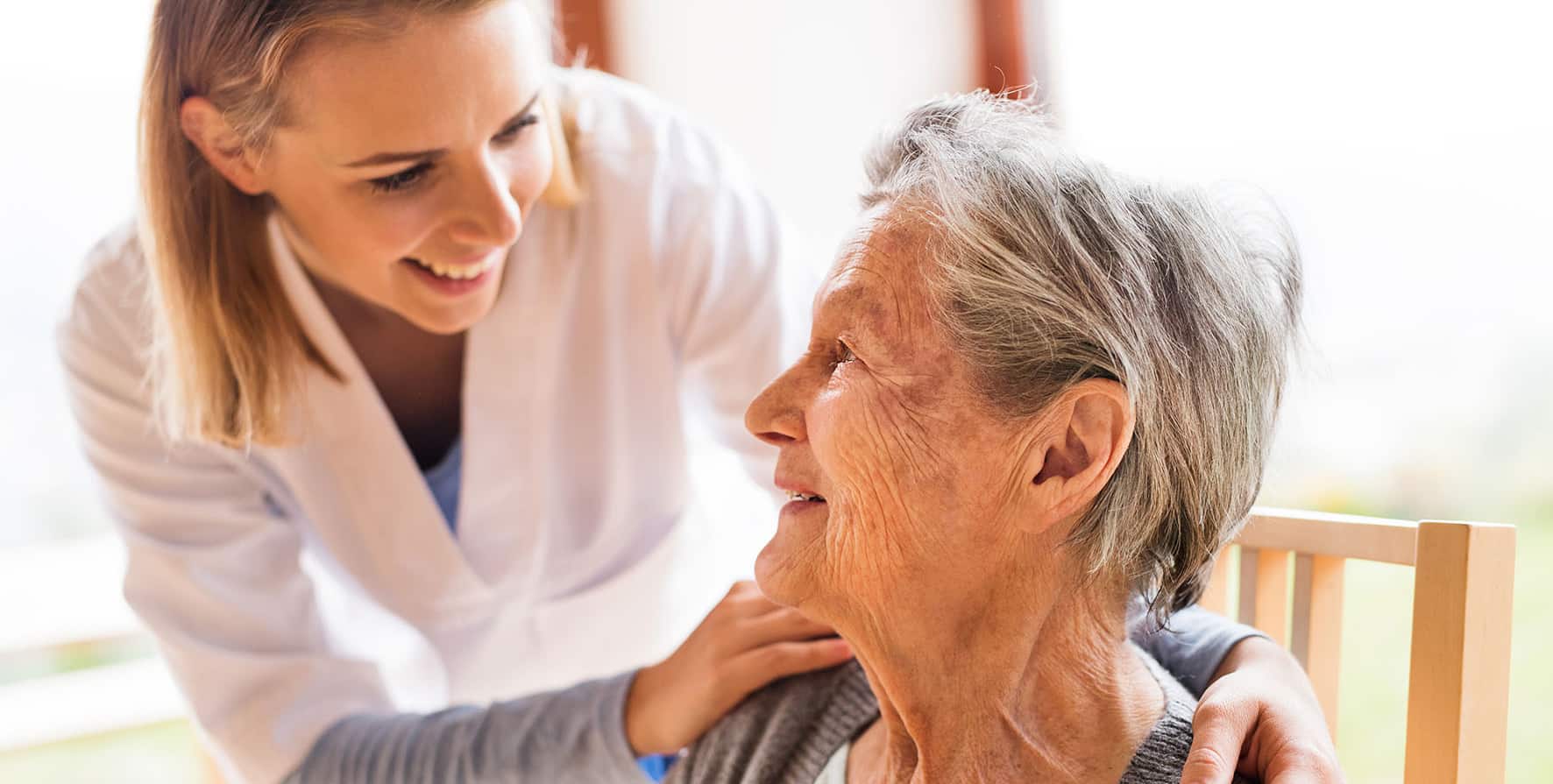As many of us plan our Christmas celebrations, it is important to recognise that for many people in our community, Christmas can make them feel increasingly isolated and lonely. On a recent locum pharmacy shift when enquiring how a gentleman’s medication was going, he explained that he had recently lost his 16 year old son to suicide. He had raised his son as a single parent from the age of 16 months and he was his only family.
Although there is nothing that can be said or done to relieve someone’s suffering in this instance, it is important to recognise that often people walking into a community pharmacy are at their most vulnerable. They may not be well or they may be caring for someone who is not well, so they may be struggling to keep their own emotions in check. People can be raw and stressed and may even lash out at the one person who is standing in front of them trying to help.
Community pharmacy plays a crucial role in the health and well-being of Australians, with our patients central to our care, and our pharmacy staff on the frontline. It is vital that as pharmacists and pharmacy assistants we look beyond the often less than ideal behaviour to understand the vulnerable person standing before us who requires our help.
In many cases this is not doing anything that different from what our pharmacy staff already do exceptionally well. It may merely be a case of engaging with someone; introduce yourself, ask how you can help, and listen to what the patient’s problem may be and the challenges they want addressed. It is about caring and being there to help.
A recent global research report by KPMG Australia in collaboration with the Groundswell Foundation found that:
- Loneliness is experienced by more than one quarter of Australians and most Australians will experience loneliness in their lifetime: 37% of young people are lonely.
- Loneliness is a silent killer: Lonely people have a 26% increased risk of death.
- The impacts of loneliness are equivalent to smoking 15 cigarettes or having six alcoholic drinks per day.
- 54% are of people are lonelier after the COVID-19 pandemic.
When you are experiencing loneliness, your levels of the stress hormone, cortisol increase. Cortisol is also known as the fight or flight hormone. It can impair cognitive performance, compromise the immune system, and increase your risk of vascular problems, inflammation and heart disease. Loneliness is also a risk factor for more serious mental health problems such as depression and anxiety.
Lonely older people are more likely to experience depression, physical and cognitive decline, and a range of illnesses that require long-term care. For example, loneliness increases the risk of dementia by 40 per cent for the older population, regardless of gender, education, ethnicity and even genetic risk.
Some suggestions that may be useful for pharmacy staff to assist patients suffering from loneliness include:
- Improve the understanding of patients as to the health impacts of loneliness. Many people take care of their health by eating well and exercising, however often ignore this important aspect of wellness. Social connection is just as important as following a healthy diet and getting enough sleep.
- Encourage greater social connection. Some suggestions for patients may be to plan to spend time with a friend instead of catching up via text. Opting for a phone conversation over an email can help people feel more connected. Small daily decisions can also help, such as making a point of walking down the hall to speak to a coworker instead of sending an instant message or email.
- Focus on quality, not quantity. A coffee date with a friend that they have an authentic connection will do more to quell loneliness than having thousands of followers on social media.
- Suggest a professional counsellor. Feeling lonely is sometimes a symptom of depression. A therapist can help work through this and develop strategies for reconnecting with others.
- Doing small favours for people or random acts of kindness, can be incredibly powerful and help to improve connection.
- Take a social media This allows people to become more intentional in seeking out real relationships.
It is important our pharmacy staff recognise the integral role they play in patient care and preventing loneliness. Take the time to reach out and make a connection this Christmas and demonstrate that community pharmacy will continue to provide a caring culture well into the future.




 Share
Share